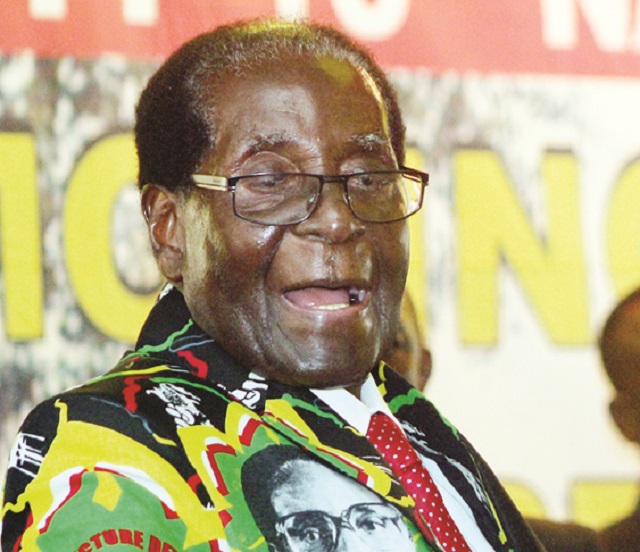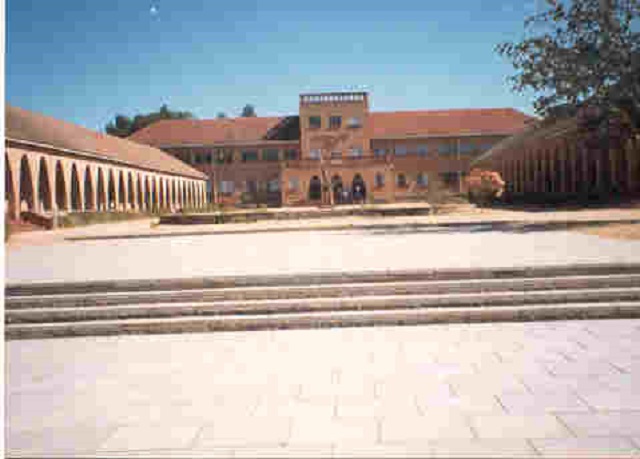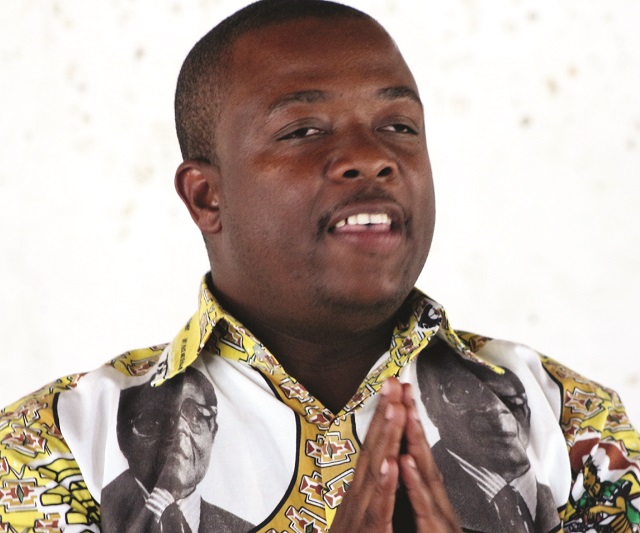‘Personal sacrifices made’

Saul Gwakuba Ndlovu
As preparations for President Mugabe’s 93rd birthday celebrations are drawing towards their end, leading to the actual event at the Rhodes Estate Preparatory School in Matobo District on February 25, it is appropriate to highlight the personal sacrifice he made for the liberation of Zimbabwe.
Sacrifice implies self-denial, offering oneself or one’s property, services, thoughts and or safety for a cause or belief.
It is to all intents and purposes, relative to one’s social, economic, political and or cultural status and circumstances.
In President Mugabe’s case, the sacrifice he made by abandoning teaching for the liberation struggle was very high considering his extremely poor childhood life and his then unique educational achievement.
He had been greatly motivated by the Marist Brothers at Kutama Mission to complete a primary teachers’ lower (PTL) course.
After that, he became virtually the Mugabe family bread-winner, paying school fees for a number of his siblings.
He embarked upon secondary education studies by correspondence until he matriculated, thus qualifying for a Southern Rhodesia Government university scholarship.
That enabled him to go to South Africa where he completed two degrees — a Bachelor of Arts (BA) and a Bachelor of Education (B.Ed).
Armed with those two degrees, this self-made man, got employed, first, at Chalimbana Teachers’ College in the then Northern Rhodesia, now Zambia, and later at Takoradi Teachers’ College in Ghana, formerly Gold Coast.
It was from Takarodi that he joined the National Democratic Party (NDP), literally abandoning assured economic security and very high social prestige for a project whose future was uncertain at the very least, and very risky at the very worst.
With those two degrees, Robert Mugabe could have been employed as a college lecturer literally anywhere in the English-speaking world, but he opted for the liberation struggle back home.
Lest the author is misinterpreted to mean that other freedom-fighters’ sacrifices were less significant, it is important to explain that the temptation to have nothing to do with the liberation struggle and its numerous risks and deprivations was much stronger for those with higher professional or career opportunities and or qualifications than for the uneducated or least qualified.
It is precisely because of that fact that people of President Mugabe’s, Dr. Samuel Parirenyatwa’s and Dr Joshua Nkomo’s educational attainments added a great deal of value, respect and prestige to the Zimbabwean liberation struggle.
With leaders of such high educational achievements, the African people of Zimbabwe felt justified and confident to demand their inalienable right to rule their own country.
Before Zapu was banned by the Southern Rhodesia regime in September 1962, President Mugabe was that organisation’s publicity and information secretary.
He served loyally under Dr Nkomo’s presidency, and accompanied him on almost every trip he made not only outside but even inside Zimbabwe.
Dr Nkomo showed that he had much confidence in President Mugabe from the time he joined the liberation struggle in 1960 right up to the Lancaster House constitutional conference in London in 1979.
*Saul Gwakuba Ndlovu is a retired, Bulawayo-based journalist. He can be contacted on cell: 0734 328 136 or through email. [email protected].











Comments